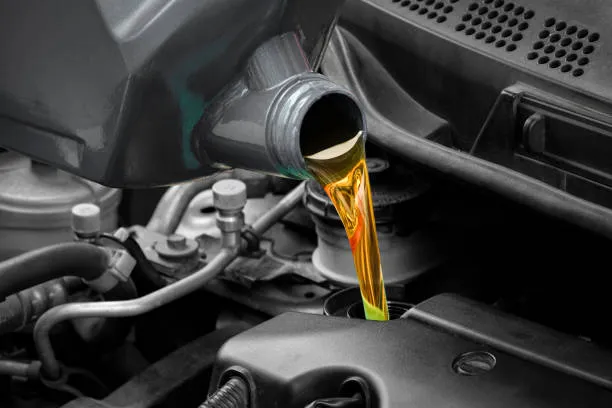When it comes to choosing the right motor oil for your car, the debate between 0W20 vs 0W30 is more than just numbers—it’s about understanding how viscosity, engine design, and fuel efficiency intersect. TERZO, a pioneer in synthetic lubricants, offers both 0W20 and 0W30 options, each engineered for specific performance goals. Let’s dive into the key differences and help you decide which is the perfect fit for your ride.
Why the “W” Matters: Understanding Viscosity Grades
The “W” in 0W20 and 0W30 stands for “winter,” indicating the oil’s cold-weather flowability. Both oils have excellent low-temperature performance (starting at -45°C!), but their hot-temperature viscosity sets them apart:
0W20: Thinner consistency for better fuel efficiency and smoother operation in modern, high-revving engines.
0W30: Slightly thicker consistency for enhanced wear protection under heavy loads or extreme heat.
Pro Tip: Check your vehicle manual—many newer models (especially hybrids and turbocharged engines) specify 0W20 for optimal fuel economy, while older engines or those with high mileage may benefit from 0W30’s added durability.
Key Differences Between 0W20 and 0W30
Both oils share Titanium-Molybdenum Oil Film ADSORPTION Technology, promising extended drain intervals (up to 20,000 km!) and reduced friction. But here’s where they diverge:
| Feature | TERZO 0W20 | TERZO 0W30 |
|---|---|---|
| Viscosity at 100°C | 8.28 mm²/s (Ultra-low for fuel efficiency) | 10.8 mm²/s (Balanced protection) |
| HTHS Viscosity @150°C | 2.7 mPa·s (Ideal for low-friction engines) | 3.2 mPa·s (Robust for demanding conditions) |
| Sulfate Ash Content | 0.76% (Low SAPS for cleaner emissions) | 0.78% (Mid SAPS for balance) |
| Best For: | Euro 6+ engines, BMW, Honda, Hyundai (check specs!) | Turbocharged diesels, high-mileage vehicles |
When to Choose — 0W20 vs 0W30
Fuel Efficiency: If your car prioritizes gas mileage (e.g., hybrid/electric drivetrains), 0W20’s thinner viscosity reduces engine drag.
Newer Engines: Modern engines with tight tolerances (e.g., Honda Civic, BMW 3 Series) often mandate 0W20 to maintain performance.
Eco-Friendly Options: TERZO’s 0W20 meets strict emissions standards with its low SAPS formula, making it ideal for vehicles with particulate filters.
Check TERZO 0W20: 1L Bottle | 4L Bottle
When 0W30 Takes the Lead
High-Temperature Protection: If you frequently tow, drive in stop-and-go traffic, or own a turbocharged/diesel engine (e.g., Volkswagen Passat, Ford F-150), 0W30’s extra resilience prevents oil breakdown.
Older Engines: High-mileage vehicles may need the slight viscosity boost of 0W30 to seal worn parts.
Extended Drain Intervals: Both oils boast 20,000 km lifespans, but 0W30’s balanced formulation offers peace of mind for rigorous use.
Check TERZO 0W30: 1L Bottle | 4L Bottle
The Verdict: Matching Oil to Your Needs
0W20 is your go-to for fuel-sipping, eco-conscious performance in newer, high-efficiency engines.
0W30 suits heavy-duty applications where heat resistance and durability are non-negotiable.
Need guidance? TERZO’s technical experts are just a message away. Whether you’re a BMW enthusiast or a diesel truck owner, their 32 million km of road-tested data ensures you’ll get the right fit.
Remember: Always check your owner’s manual first. Your engine’s health depends on using the correct viscosity.





